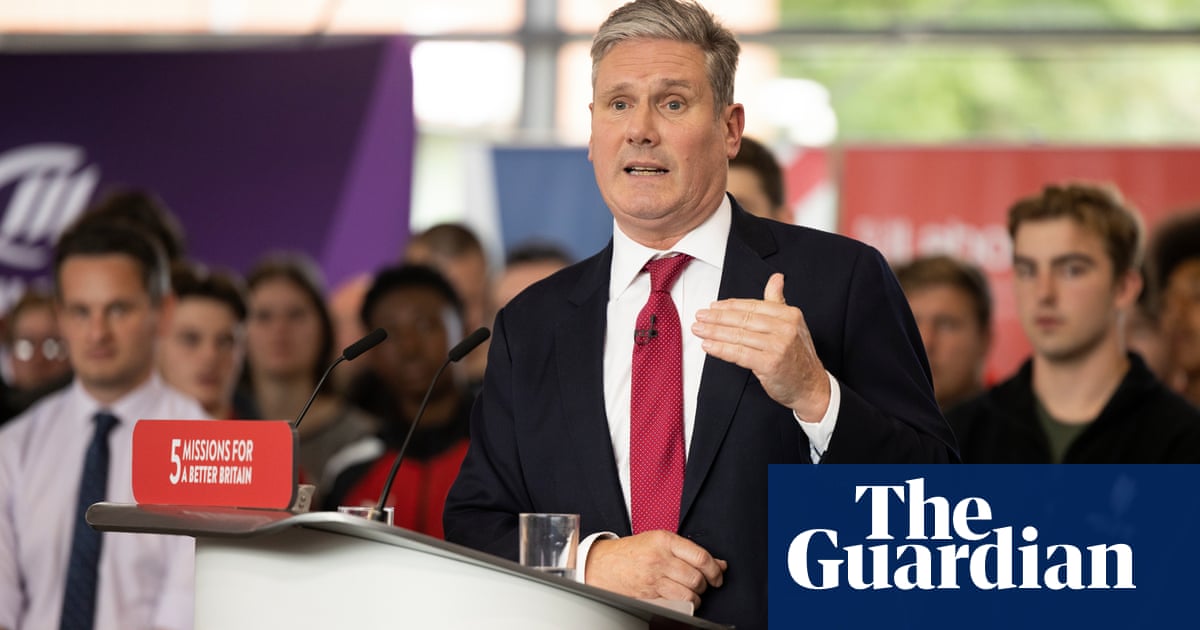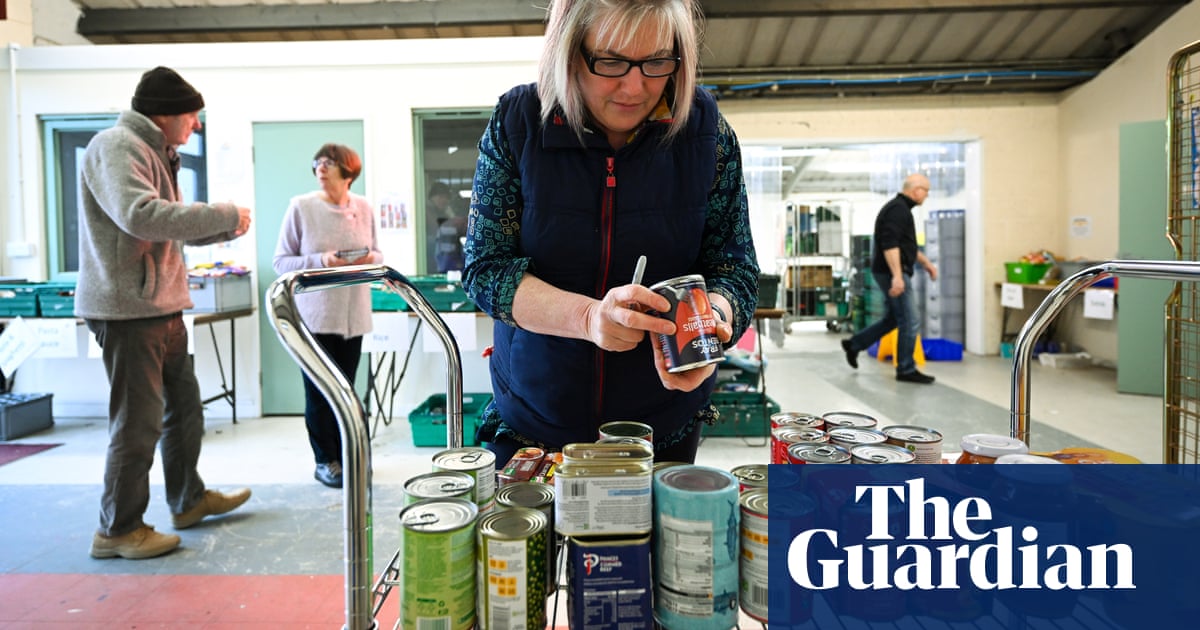
Tony Blair has endorsed cross-party calls for a new national child poverty strategy amid concerns about rising social inequality as a result of the pandemic and forecasts that a third of all UK children could be living below the breadline by 2024.
The former Labour prime minister, whose government’s 1999 flagship strategy took 1 million children out of poverty, urged ministers to rise to the challenge of eradicating child poverty within a generation, calling it “huge and urgent but achievable”.
Blair joined the children’scommissioner for England, Anne Longfield, and a number of figures from across the political spectrum, including the Conservative MP and education committee chair, Robert Halfon, in demanding concerted action to tackle the “blight of child poverty”.
The call comes as the government is under increasing pressure over its refusal to commit to retaining a £20 a week top-up to universal credit beyond April, and amid fresh demands from the footballer Marcus Rashford to overhaul the free school meals system.
Speaking to MPs on the Commons petitions committee on Wednesday, Rashford said the government had been too slow to put protective measures in place when the pandemic hit, leaving too many low-income families “with nothing”.
Over 1.7 million more children should be guaranteed a meal a day under free school meal reforms, he said.
Writing in a pamphlet published by the children’s commissioner on Thursday, Blair said: “Most charities involved in combatting child poverty say that more than 4 million children now live below the breadline – 600,000 more than in 2011-12 – and that number will climb past 5 million as a result of cuts and the economic impact of Covid in the next few years.”
He added: “I fear the economic scarring left by the pandemic and lockdowns will further turbo-charge the reversal of the gains made between 1999 and 2010, while we can currently only guess the long-term effects on children’s education and wellbeing.”
One of Labour’s last actions was to enshrine its child poverty strategy in law, with all-party support, in 2010. The Child Poverty Act set a target of reducing the proportion of children living below the breadline to 10% by 2020. The act was abolished by the Conservative government in 2016.
According to the Resolution Foundation thinktank, child poverty is on course to rise from 30% to 34% of all UK children by 2023-24, taking it to levels not seen since the mid-1990s.
Making the £20-a-week universal credit top-up permanent would restrain the rise to 31%, though hundreds of thousands would still fall into poverty.
Longfield said the UK had reached a “tipping point” where child poverty was rising and educational outcomes for children in poverty were getting worse. She said reducing child poverty was one of the defining challenges of the age, alongside the environment and an ageing population.
“Child poverty was already a problem before the pandemic, but it has been laid bare by the Covid crisis and cannot be ignored any longer,” she said.
“In the short term, I want the government to commit to keeping the £20 universal credit uplift. But too often these kinds of policy changes are a sticking plaster for the symptoms, made as a result of short-term political embarrassment. That must change.”
Halfon, who this week voted with Labour on a Commons motion to retain the £20 boost for universal credit, called for a child food security programme to be drawn up: “We need to look at the root causes of child food hunger,” he said.
Other supporters of the call for a new child poverty strategy include: Tory peer Philippa Stroud, a former policy adviser to Sir Iain Duncan Smith when he was welfare secretary; the Labour chair of the work and pensions select committee, Stephen Timms; the Joseph Rowntree Foundation; and the Trussell Trust food bank charity.
A spokesperson from the Department for Work and Pensions said: “We are committed to making sure every child gets the best start in life, and this is central to our steadfast determination to level up opportunity across the country.
“That is why we have targeted our support to families most in need by raising the living wage and spending hundreds of billions to safeguard jobs.
“Additionally, we have boosted welfare support by billions, introduced the £170m Covid winter grant scheme to help children and families during the coldest months and expanded our successful holiday activities and food programme to cover all the major school holidays in 2021.”












